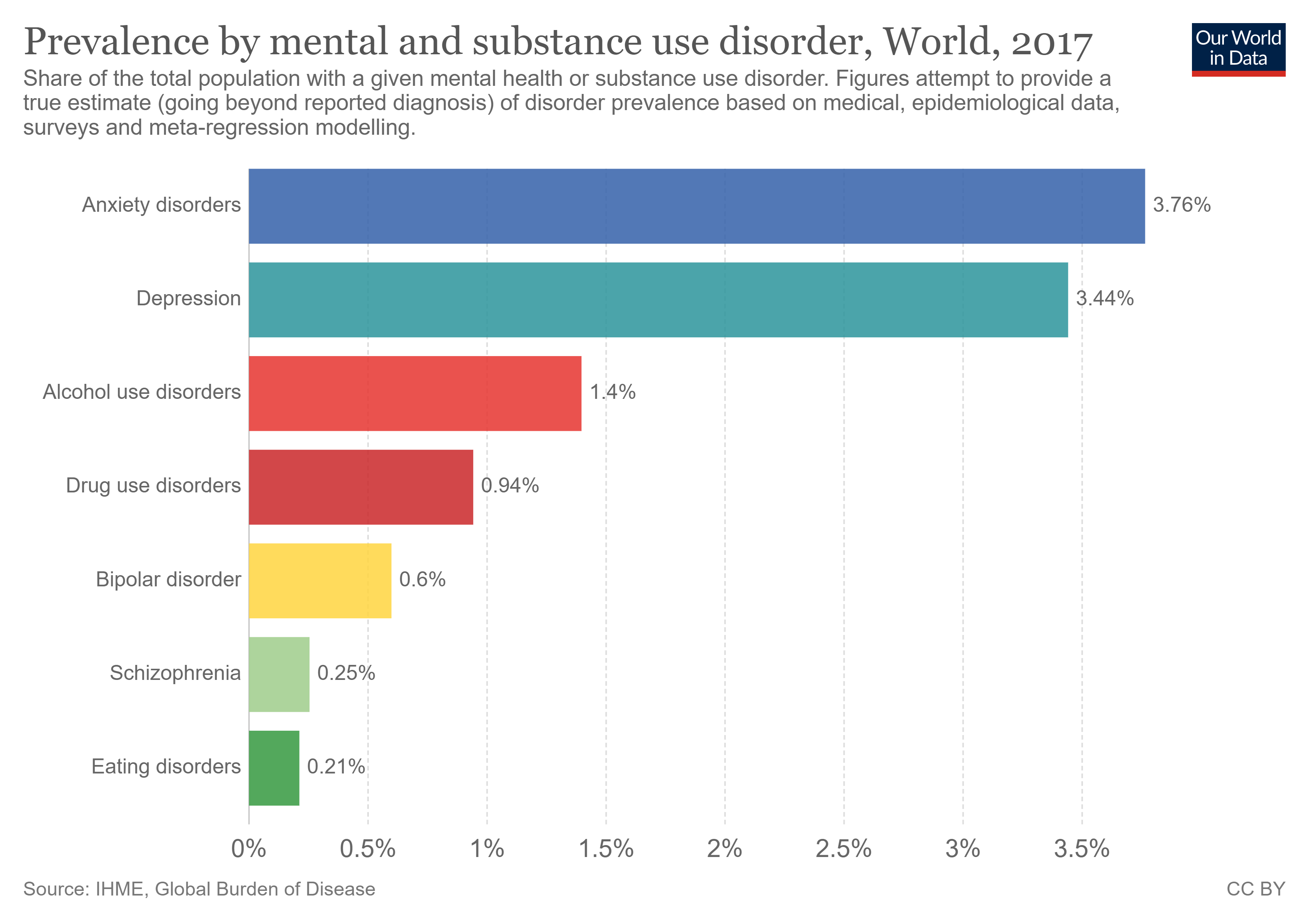14 ways to protect your mental health in the pandemic, according to Public Health England

Getting out into nature - if you're able and it's within national guidelines - is one of the tips Image: REUTERS/Henry Nicholls - RC2LTF9EDD5D
- From setting a routine to phoning a friend, new guidelines aim to support people's mental health.
- One-in-ten people around the world suffer from a mental health disorder.
- The COVID-19 pandemic is an anxious and uncertain time.
Stuck indoors, worried about an uncertain future, concerned for your family or friends: the pandemic is a stressful situation for anyone to contend with.
For the estimated one-in-ten people in the world who live with a mental health disorder, it's an even tougher time.

In the UK, the Duke and Duchess of Cambridge, who have been raising awareness of mental health issues for years, have backed a new campaign by Public Health England to encourage people to take care of their minds as well as their bodies during the outbreak.
While the British government is providing an additional £5 million ($6.2 million) in funding for mental health charities, the campaign also outlines some simple steps that could help many people stay calm and positive.
What is the World Economic Forum doing about the coronavirus outbreak?
The 14 recommendations, condensed lightly from the full version, are:
Consider how to connect with others: Video calls with friends and family can help beat isolation.
Help and support others: Think about how you could help those around you – it could make a big difference to them and can make you feel better too.
Talk about your worries: Remember that this is a difficult time for everyone and sharing how you are feeling and the things you are doing to cope with family and friends can help them too.
Look after your physical wellbeing: Try to eat healthy, well-balanced meals, drink enough water, exercise inside where possible and outside once a day (keeping the recommended 2 metres from others as outlined in the social distancing guidance and if this is in accordance with government advice in your country).
Look after your sleep: Try to maintain regular sleeping patterns and keep good sleep hygiene practices – like avoiding screens before bed, cutting back on caffeine and creating a restful environment.
Try to manage difficult feelings: Try to focus on the things you can control, including where you get information from and actions to make yourself feel better prepared. The Every Mind Matters page on anxiety and NHS mental wellbeing audio guides provide further information on how to manage anxiety.
Manage your media and information intake: 24-hour news and constant social media updates can make you more worried. It may help to only check the news at set times or limit yourself to a couple of checks a day.
Get the facts: Gather high-quality information that will help you to accurately determine your own or other people’s risk of contracting coronavirus (COVID-19) so that you can take reasonable precautions.
Think about your new daily routine: Think about how you can adapt and create positive new routines – try to engage in useful activities (such as cleaning, cooking or exercise) or meaningful activities (such as reading or calling a friend). You might find it helpful to write a plan for your day or your week.
Do things you enjoy: If you can’t do the things you normally enjoy because you are staying at home, try to think about how you could adapt them, or try something new. There are lots of free tutorials and courses online.
Set goals: Setting goals and achieving them gives a sense of control and purpose – think about things you want or need to do that you can still do at home.
Keep your mind active: Read, write, play games, do crossword puzzles, sudokus, jigsaws or drawing and painting. Find something that works for you.
Take time to relax and focus on the present: Relaxation techniques can help some people to deal with feelings of anxiety. For useful resources see Every Mind Matters and NHS’ mindfulness page.
If you can, once a day get outside, or bring nature in: Spending time in green spaces can benefit both your mental and physical wellbeing. If you can’t get outside you can try to get these positive effects by spending time with the windows open, or arranging space to sit and see a view (if possible) and get some natural sunlight.
Don't miss any update on this topic
Create a free account and access your personalized content collection with our latest publications and analyses.
License and Republishing
World Economic Forum articles may be republished in accordance with the Creative Commons Attribution-NonCommercial-NoDerivatives 4.0 International Public License, and in accordance with our Terms of Use.
The views expressed in this article are those of the author alone and not the World Economic Forum.
Stay up to date:
COVID-19
Related topics:
The Agenda Weekly
A weekly update of the most important issues driving the global agenda
You can unsubscribe at any time using the link in our emails. For more details, review our privacy policy.
More on Health and Healthcare SystemsSee all
Shyam Bishen
November 20, 2024







